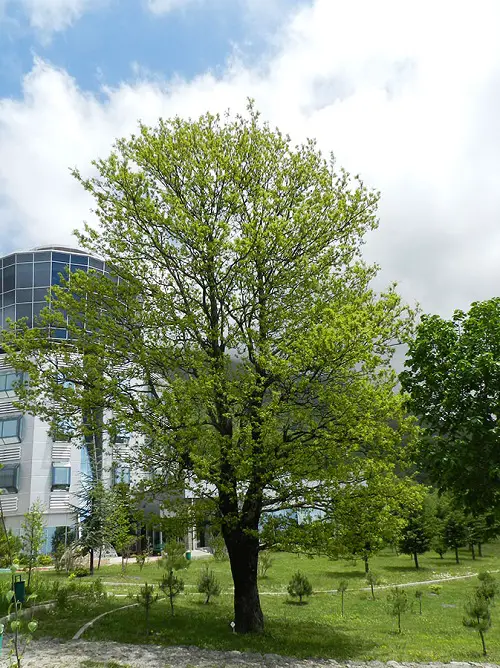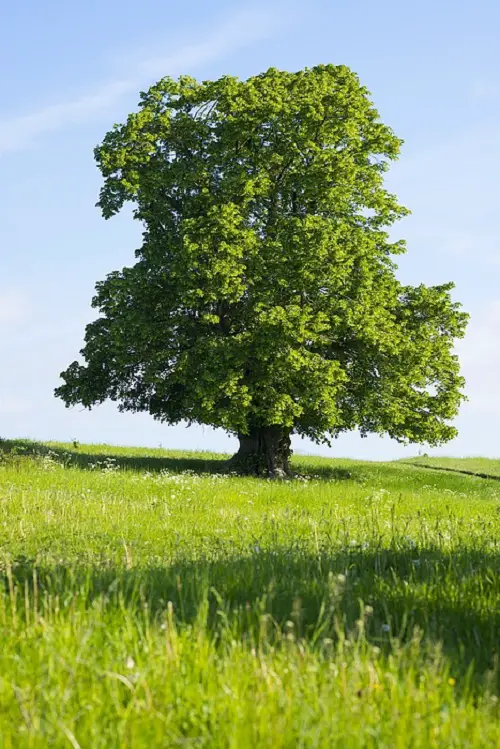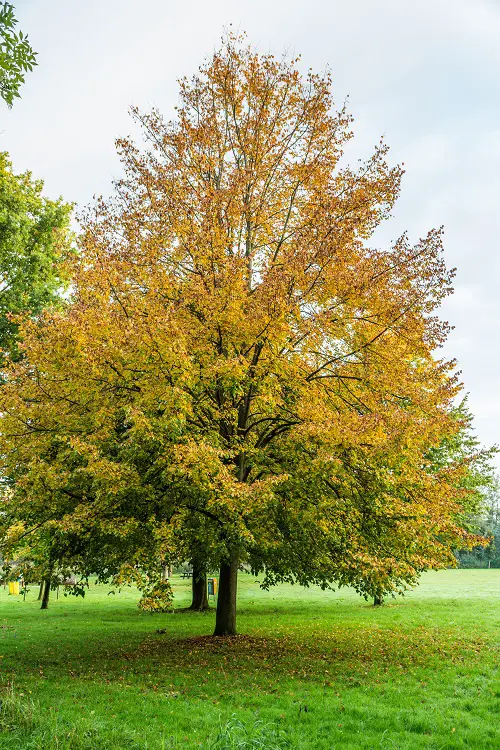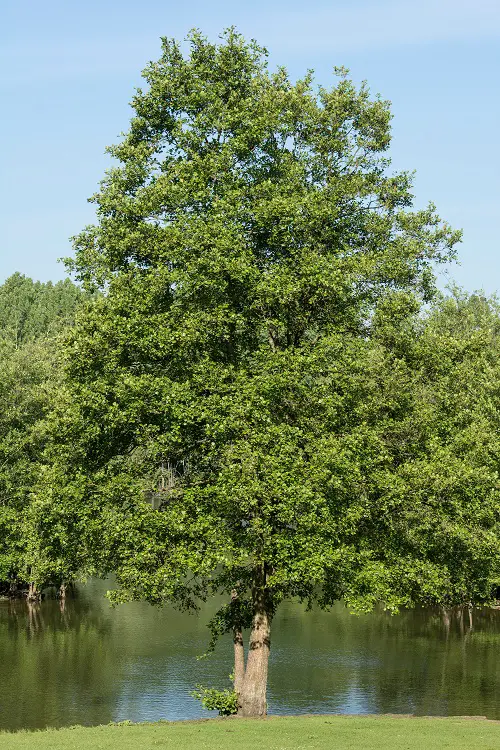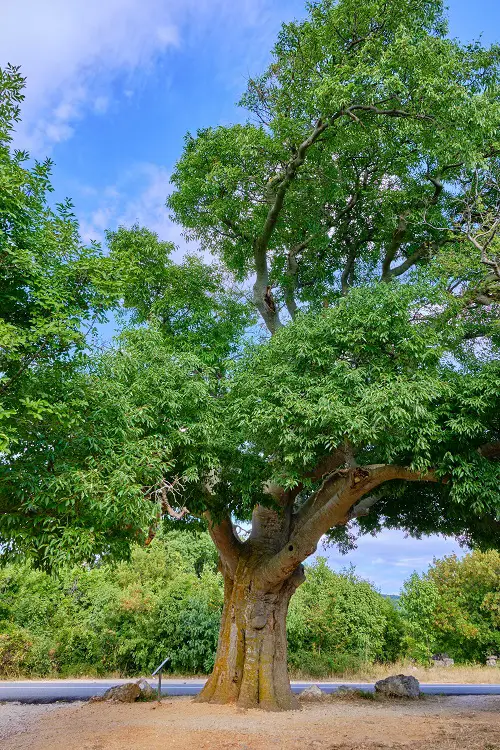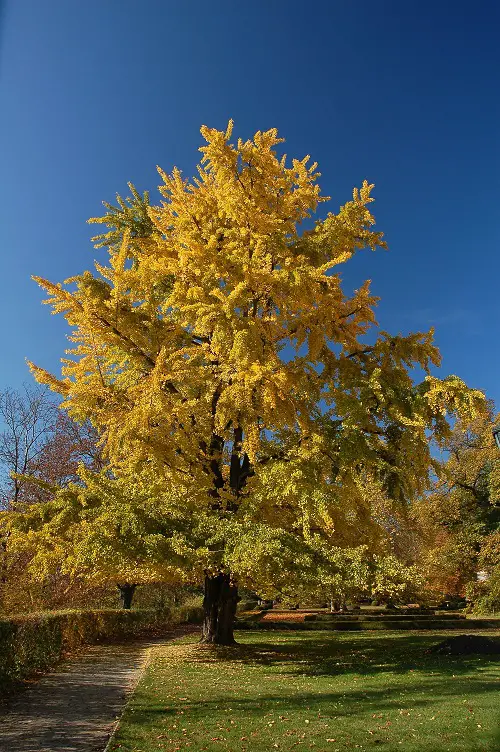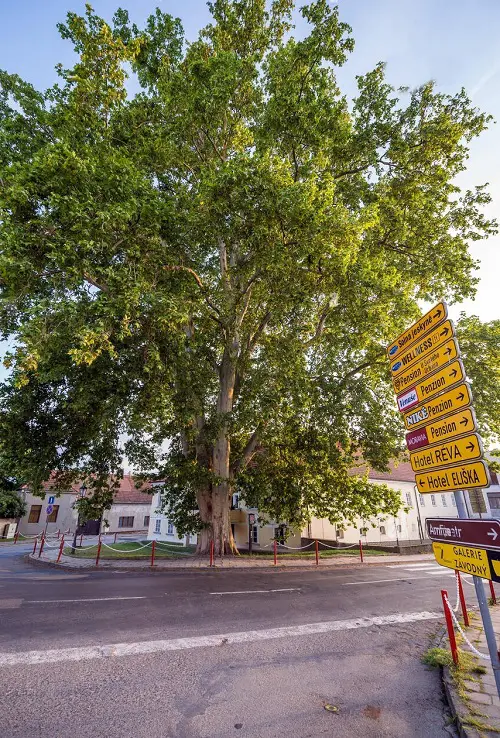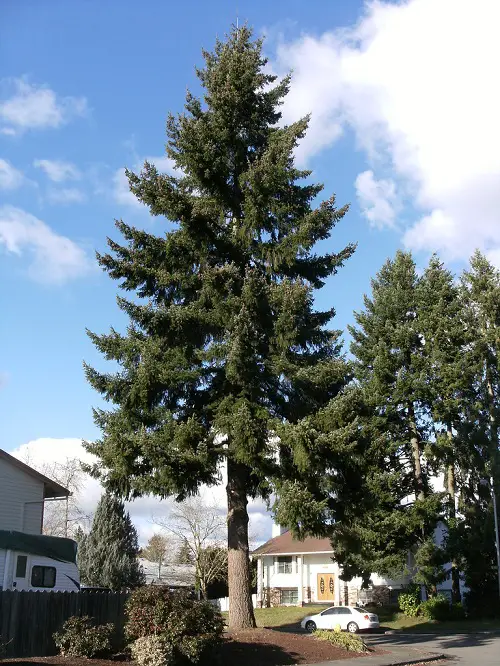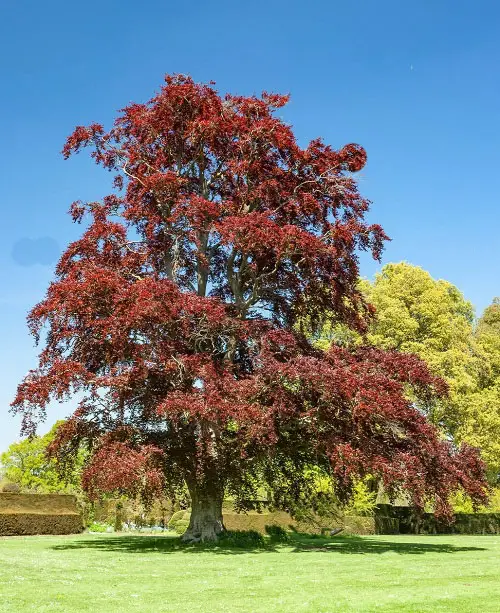Here’s an exclusive list of the Best Trees to Reduce Pollution. Grow them today to improve the quality of air in your surroundings.
With most of the world choking on a cocktail of toxic fumes and particulate matter, researchers across the globe are narrowing down on specific species of pollutant-gobbling species. Read on to find some of the top Trees to Reduce Pollution.
How Trees Help in Reducing Pollution in Urban Spaces?
- Air purification: Trees act as natural air filters by absorbing pollutants from the air through their leaves. They capture airborne particles such as dust, smoke, and various gases, including carbon dioxide, nitrogen dioxide, and sulfur dioxide. Through a process called photosynthesis, trees convert carbon dioxide into oxygen, improving air quality and reducing pollution levels.
- Particulate matter filtration: Urban areas often have high levels of particulate matter, which can be harmful to human health when inhaled. Trees help mitigate this issue by trapping and filtering out particulate matter from the air, preventing it from reaching the ground and reducing its concentration in the immediate vicinity.
Here are Houseplants that Reduce Dust and Particulate Matter
- Psychological benefits: The presence of trees and green spaces in urban areas has been shown to have positive effects on mental health and well-being. Access to green spaces and nature has been linked to reduced stress levels and improved overall psychological well-being. By creating a healthier and more pleasant environment, trees contribute to reducing the negative impacts of pollution on mental health.
Trees to Reduce Pollution
1. Silver Birch
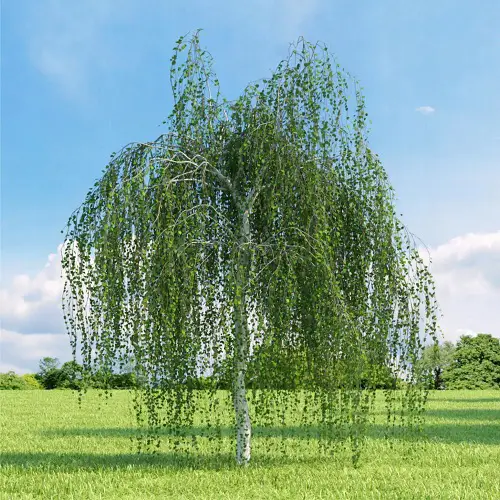
Botanical Name: Betula pendula
USDA Zones: 2-7
First on the list of trees to reduce pollution is birch. This tree has the potential to absorb up to 3,100 kilos of CO2 to clean up the air.
Check out What Does Calendula Smell Like? here
2. Turkey Oak
Botanical Name: Quercus cerris
USDA Zones: 6-9
This beautiful tree can absorb 4,000 tonnes of carbon dioxide. It could be distinguished by its shoot buds surrounded by acorns that naturally mature in 16-18 months.
Check out Different Oak Tree Varieties here
3. Largeleaf Linden
Botanical Name: Tilia Plathyphyllos
USDA Zones: 3-7
This fast-growing, fragrant, giant, long-living tree is quite common on the urban roadside and in parks, with an impressive capacity to reduce pollutants.
Check out How to Grow Spider Plant Outdoors here
4. Littleleaf Linden
Botanical Name: Tilia cordata
USDA Zones: 3-7
Apart from cleaning the surrounding air, the tree has medicinal uses to cure bronchitis, headaches, sore throat, and fever.
5. Common Ash
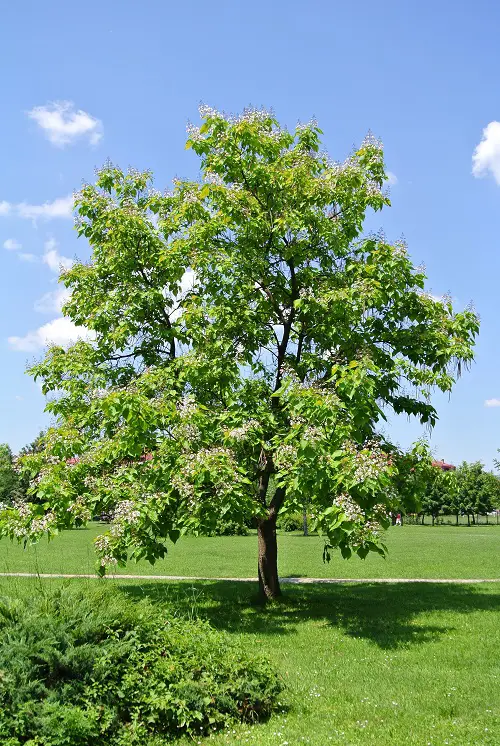
Botanical Name: Fraxinus excelsior
USDA Zones: 3-9
The next on the list of trees to reduce pollution is common ash. It has the ability to absorb over 3,000 kilos of carbon dioxide in 30 years.
Check out 9 Best Tricks to Remove Dust Without Even Lifting a Finger here
6. Field Elm
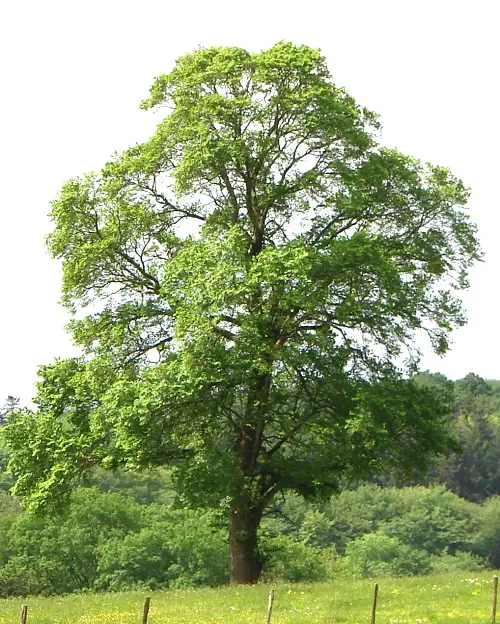
Botanical Name: Ulmus minor
USDA Zones: 3-9
This tall and impressive tree that is also the prince of Italian landscapes can transform thousands of carbon dioxide kilos into biomass.
Check out our Elm Tree Identification Guide here
7. Black Alder
Botanical Name: Alnus glutinosa
USDA Zones: 3-8
It is a small tree that can prevent up to 2,600 kilos of carbon dioxide and can strongly absorb many gas pollutants.
Check out 50 Best Cut Flowers for Cutting Garden | Types of Cut Flowers here
8. Mediterranean Hackberry
Botanical Name: Celtis australis
USDA Zones: 7-10
This one is best suited to absorb up to 3,660 kilos of carbon dioxide in 20 years. The Mediterranean Hackberry can grow up to 65-82 feet or 20-25 meters in height.
Check out Costus Barbatus Care and Growing Information here
9. Ginkgo
Botanical Name: Ginkgo Biloba
USDA Zones: 3-8
This tree dates back to 290 million years ago and can absorb up to 2,800 kilos of carbon dioxide.
Check out 21 Best Trees to Reduce Pollution here
10. Norway Maple
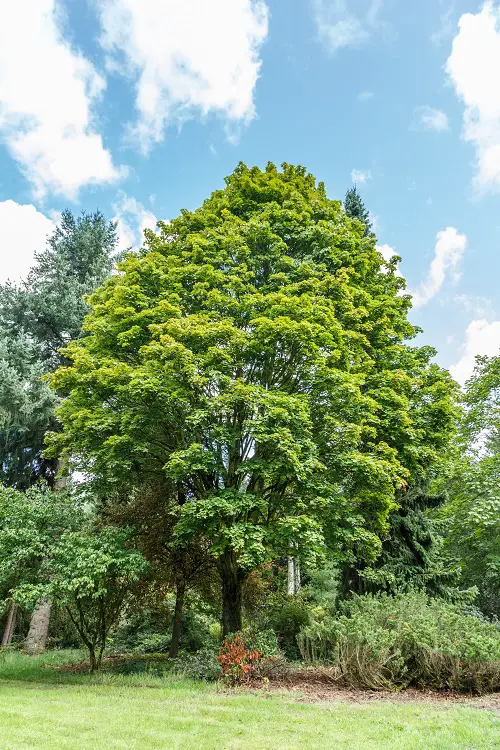
Botanical Name: Acer platanoides
USDA Zones: 4-7
Another tree to reduce pollution is this maple. This is the best among all anti-smog trees, as it can absorb five tonnes of carbon dioxide in 30 years.
Check out What Planting Zone is Indiana? Find Out! here
11. London Plane
Botanical Name: Platanus x acerifolia
USDA Zones: 7-9
This tree species is known for its ability to withstand urban pollution and effectively absorb pollutants such as ozone, nitrogen oxides, and sulfur dioxide.
12. Eastern White Pine
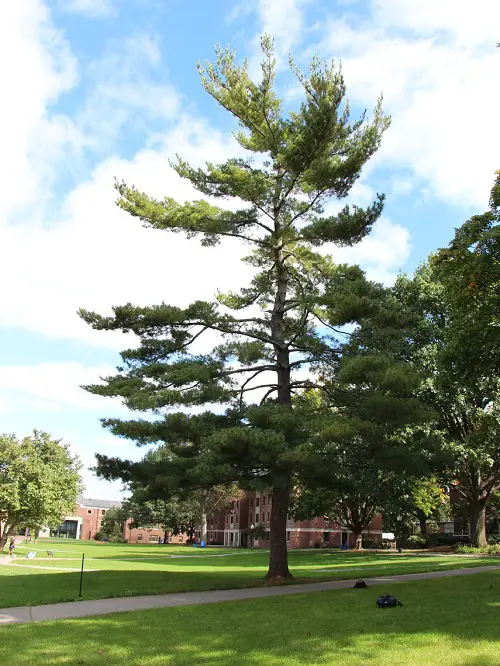
Botanical Name: Pinus strobus
USDA Zones: 3-8
White pines are efficient at capturing particulate matter and can help purify the air. They also have a high rate of photosynthesis, aiding in carbon dioxide absorption.
Check out Cut a Plastic Drum like This & Grow Unlimited Food (22 Amazing Ideas) here
13. Black Tupelo
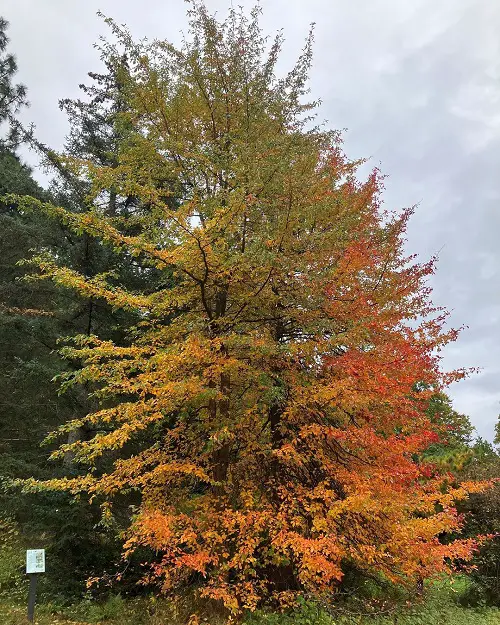
Botanical Name: Nyssa sylvatica
USDA Zones: 4-9
Also known as the Black Gum tree, it is a great choice for pollution reduction. Its leaves trap particulate matter, and it is tolerant of a wide range of environmental conditions.
14. Honey Locust
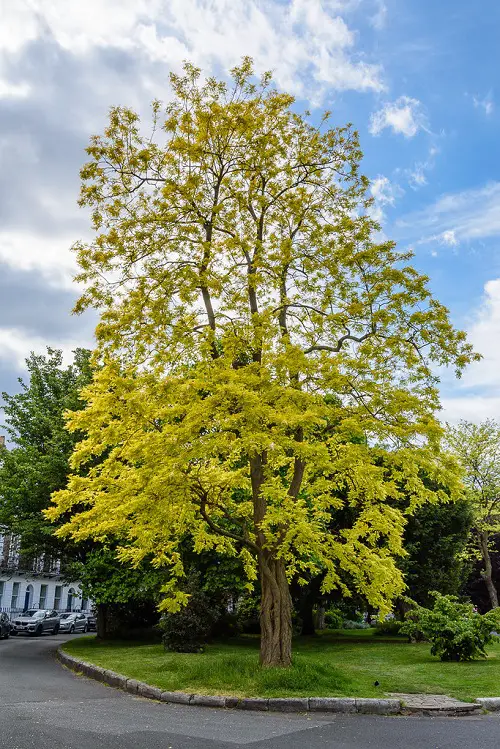
Botanical Name: Gleditsia triacanthos
USDA Zones: 3-9
Honey Locust trees are resilient and can thrive in polluted urban environments. They have the ability to absorb various pollutants, including particulate matter, and provide shade and cooling benefits.
Here are Beautiful Trees with Yellow Foliage
15. Swamp White Oak
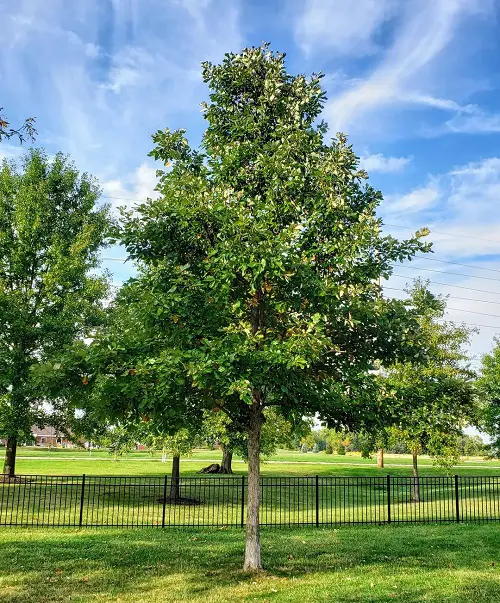
Botanical Name: Quercus bicolor
USDA Zones: 4-8
This tree is highly effective at removing pollutants from the air, including carbon dioxide and sulfur dioxide. It also helps in reducing noise pollution.
16. Eastern Redcedar
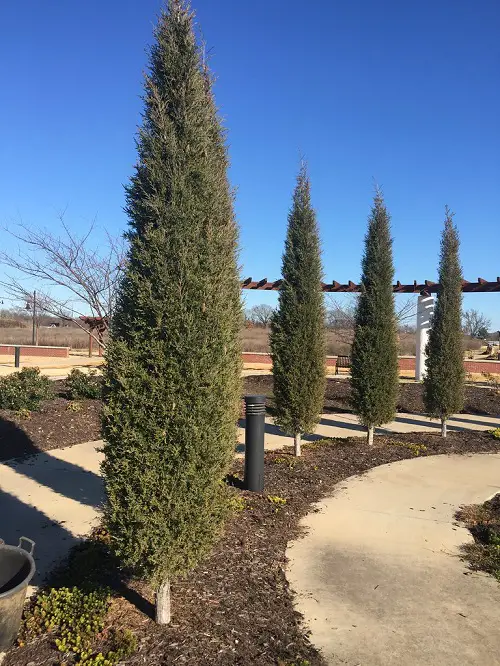
Botanical Name: Juniperus virginiana
USDA Zones: 2-9
Another great tree to reduce pollution is Redcedars. They effectively capture particulate matter and can help combat air pollution. They can tolerate urban environments with ease.
Check out Ginkgo Biloba Tree Care and How to Grow it here
17. Sacred Fig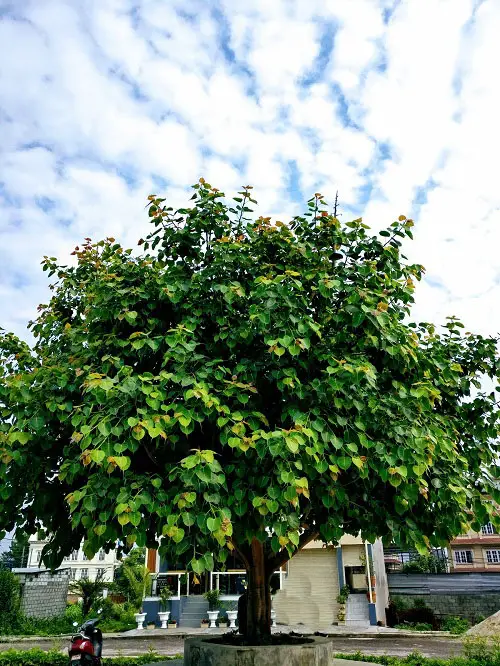
Botanical Name: Ficus religiosa
USDA Zones: 10-12
The Sacred Fig tree, known for its cultural and religious significance, helps reduce pollution through its ability to absorb and neutralize harmful gases like carbon dioxide and sulfur dioxide.
Check out 9 PRO Tips to Grow Tastiest Bell Peppers Ever here
18. Douglas Fir
Botanical Name: Pseudotsuga menziesii
USDA Zones: 4-6
The Douglas Fir, a majestic evergreen conifer with soft needles commonly found in North America, contributes to pollution reduction by providing a dense canopy that improves air quality.
Check out When Does Grass Stop Growing if You Don’t Cut It? here
19. Banyan Tree
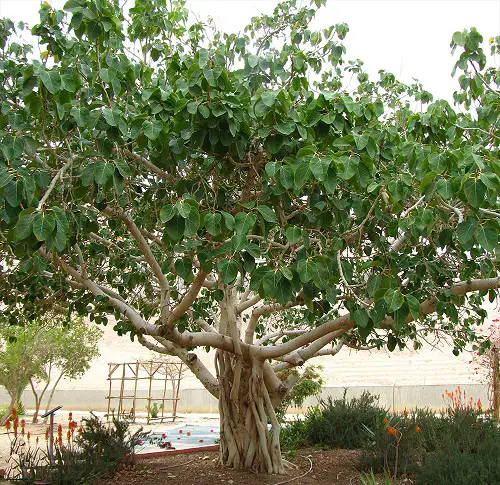
Botanical Name: Ficus benghalensis
USDA Zones: 10-12
A remarkable tree with aerial prop roots that extend downwards from its branches, the Banyan Tree is a symbol of longevity. With its extensive aerial roots, it helps combat pollution by absorbing pollutants like particulate matter and reducing noise pollution through its dense foliage.
Check out 24 Stunning Clusia Landscaping Ideas here
20. Beech Tree
Botanical Name: Fagus
USDA Zones: 3-9
Recognizable by its smooth bark and elegant, ovate leaves, the Beech Tree is a deciduous tree known for its strong and durable wood. It is effective in filtering airborne pollutants, such as nitrogen oxides.
Check out 45 Best Plants from Jamaica here
21. Aspen Tree
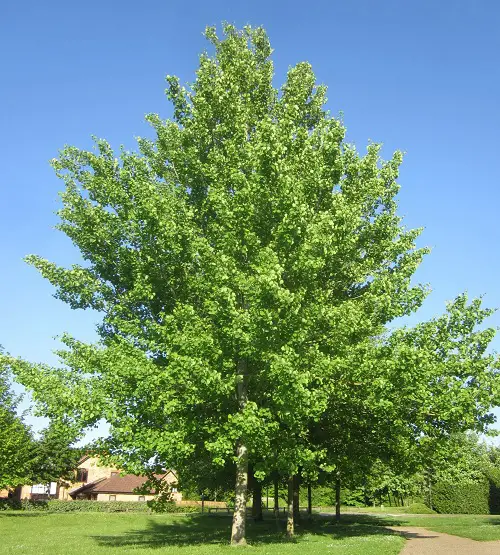
Botanical Name: Populus tremula
USDA Zones: 1-7
A slender and fast-growing deciduous tree, the Aspen is characterized by its vibrant green leaves that tremble and shimmer in the slightest breeze. The tree aids in pollution reduction by capturing pollutants and improving air quality.


